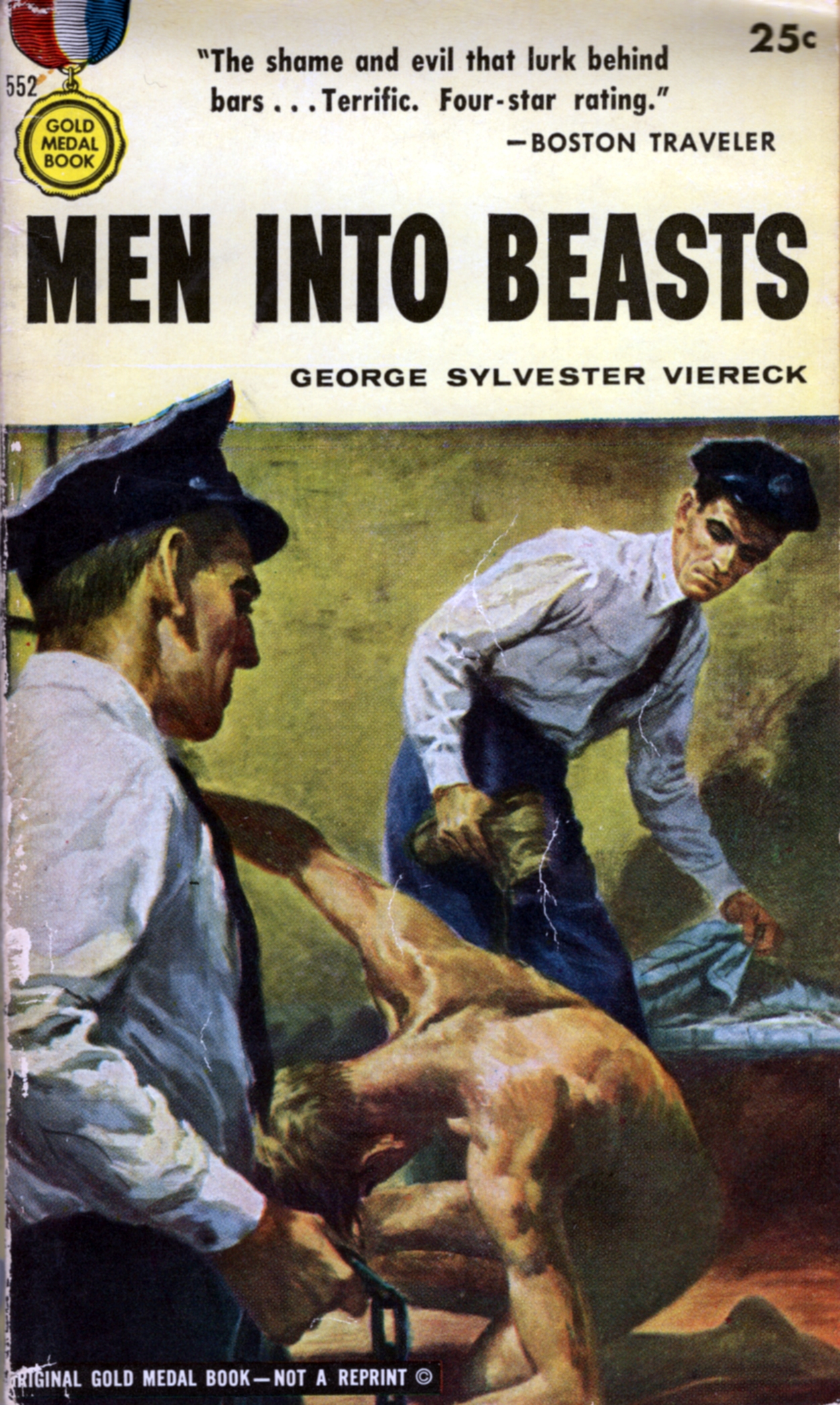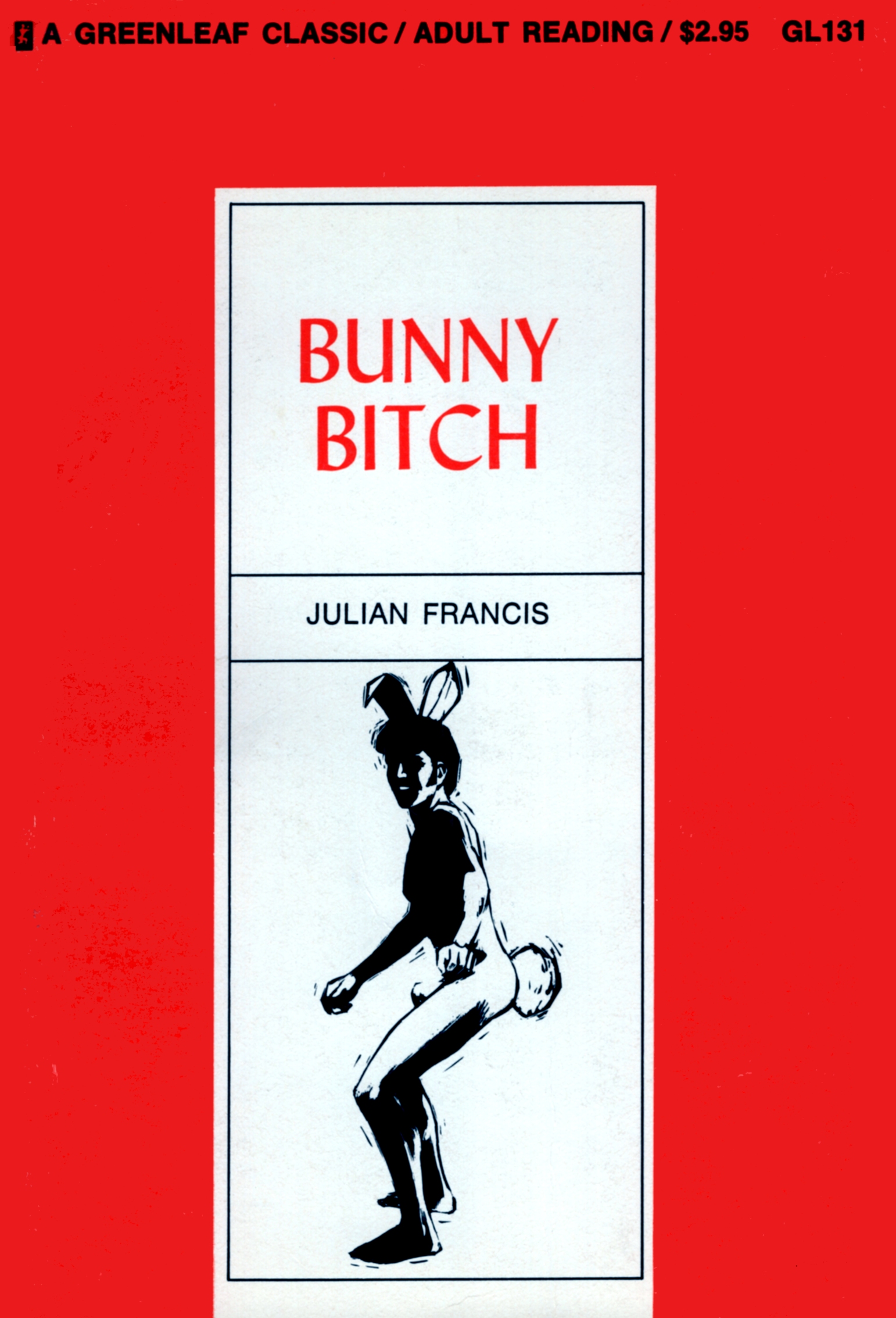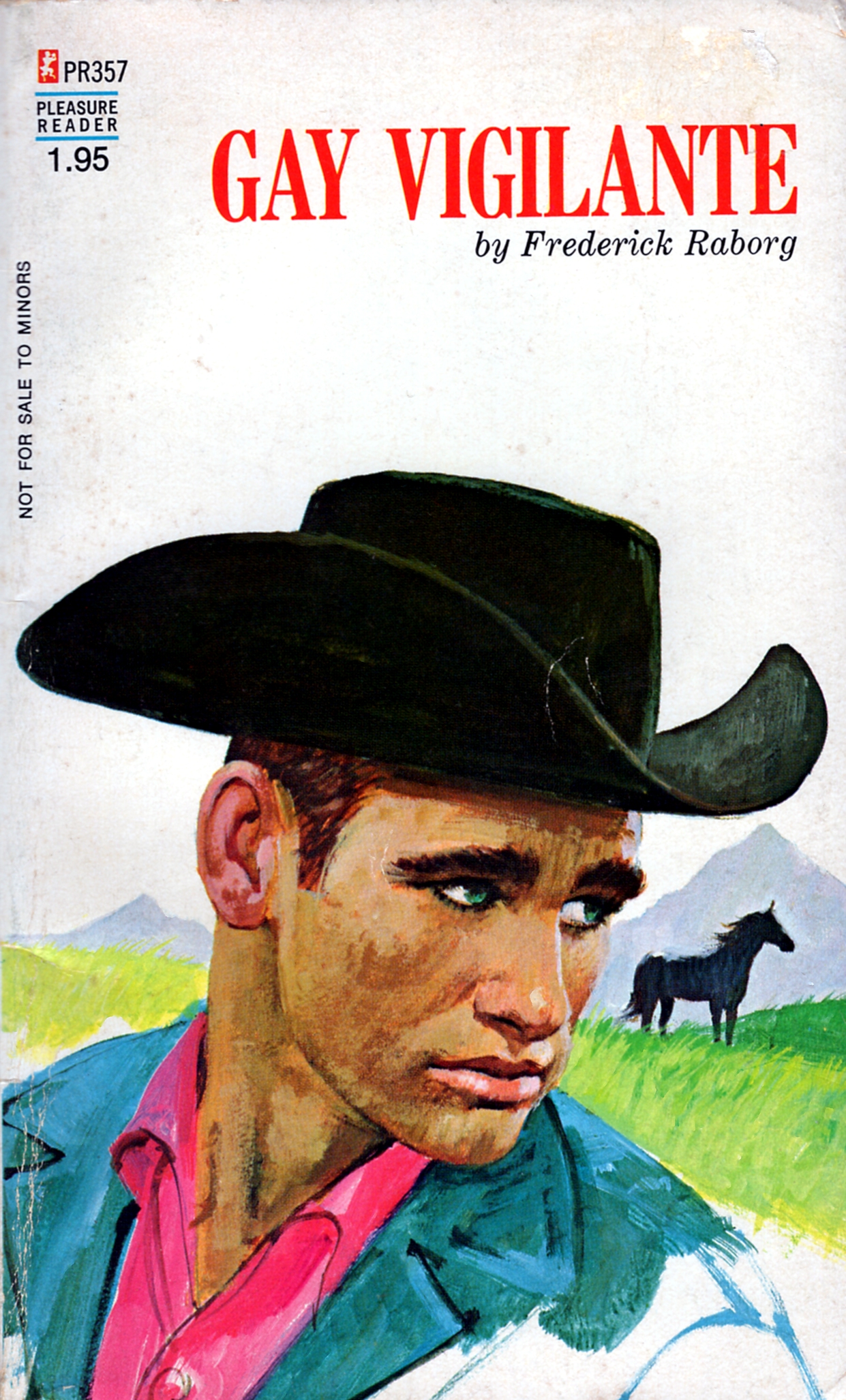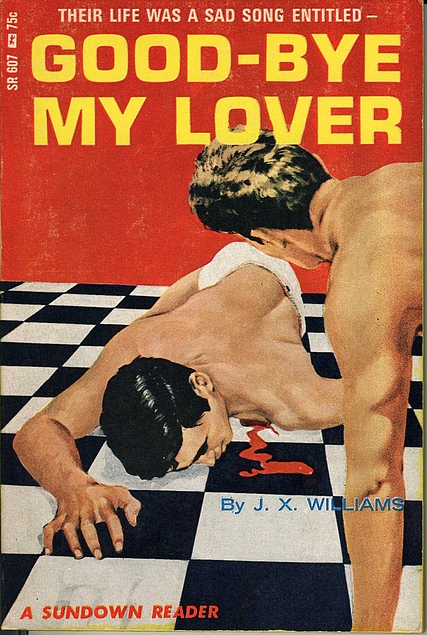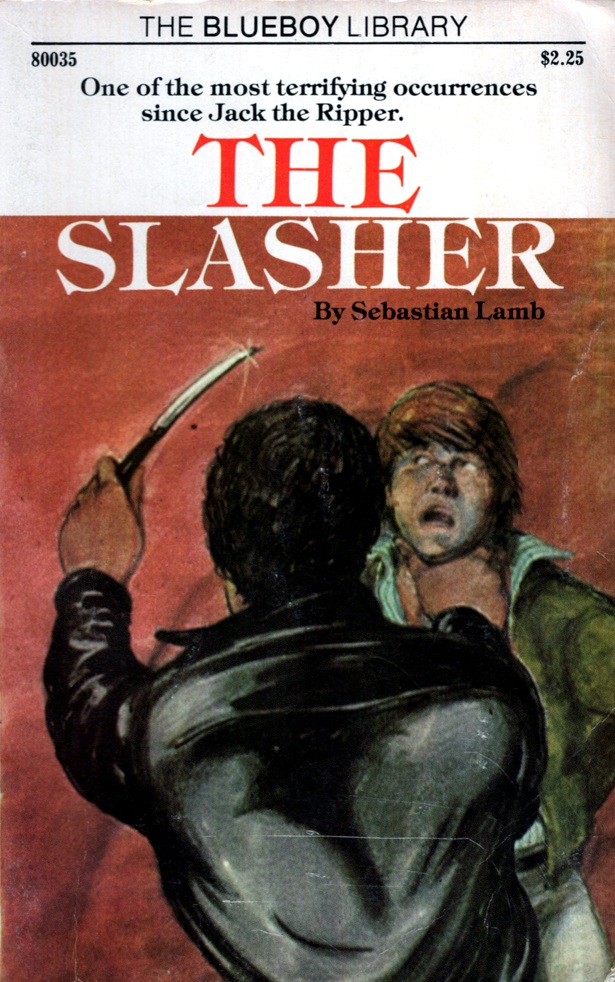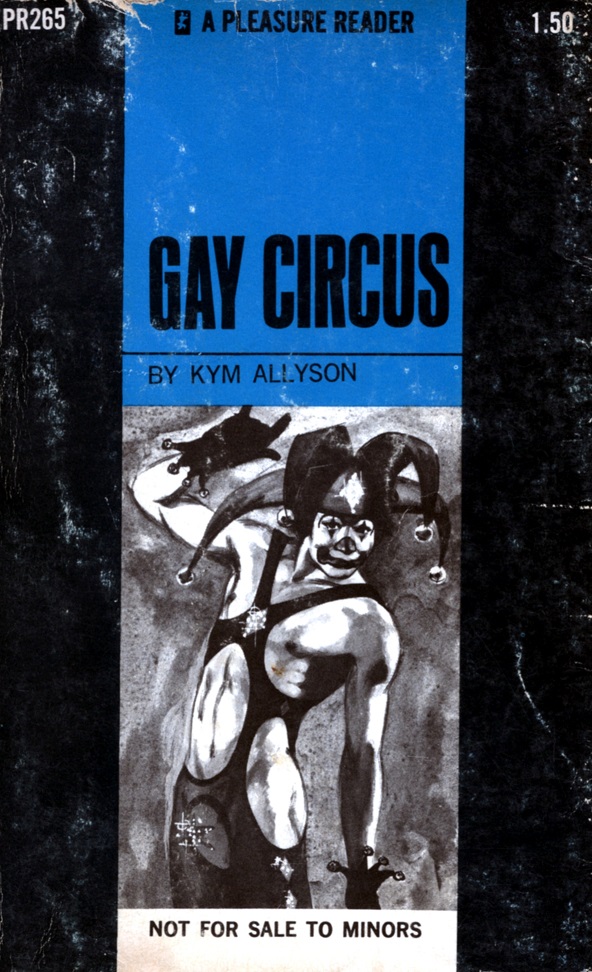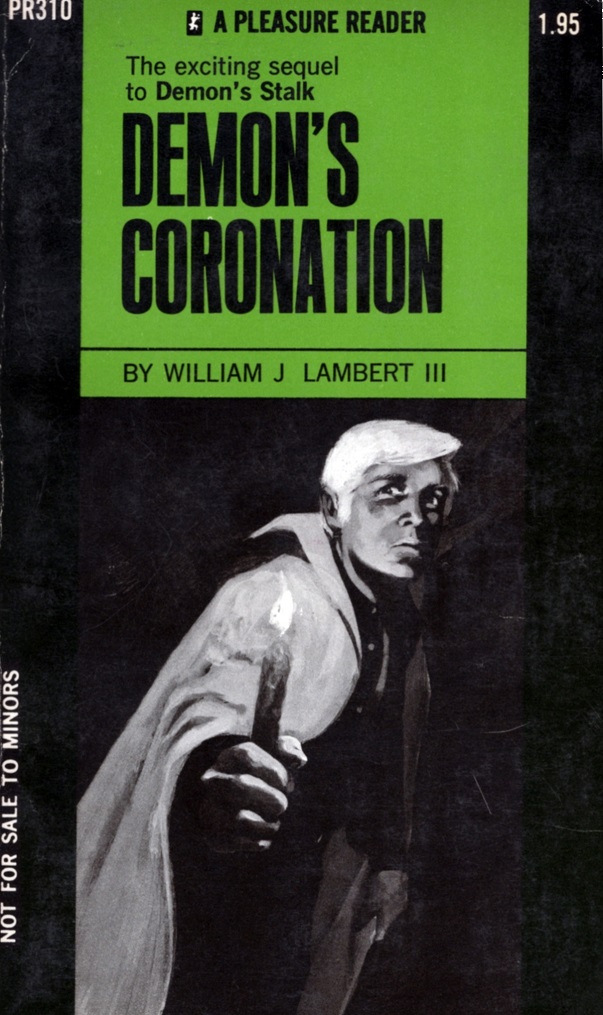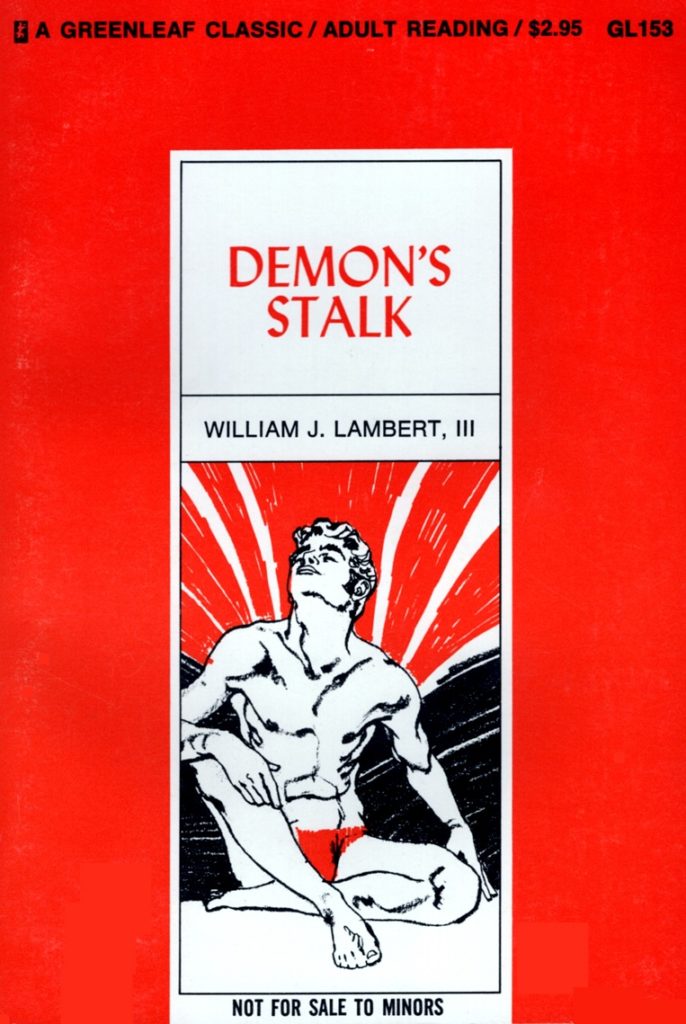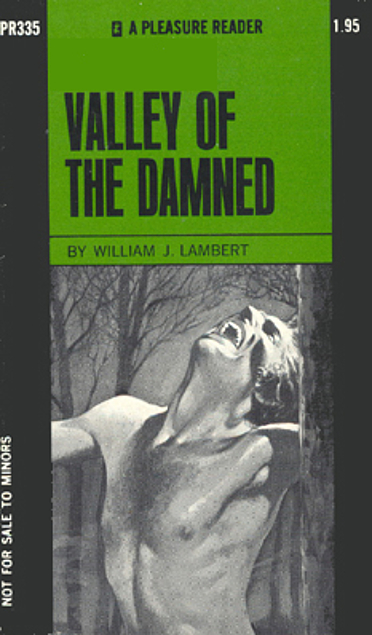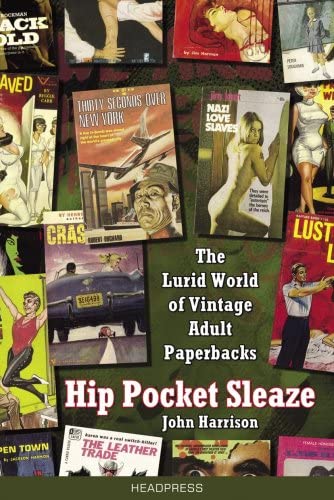
Pulp paperbacks were the wild wild west of publishing. I’ll never tire of learning about these books, authors, cover artists, and the barrage of taboo subjects explored during this time of sexual awakening in American history. It was a time that tested the limits of free speech, with many publishers having to defend their books all the way up to the Supreme Court. These books also became an outlet of self-expression to marginalized communities. For better and for worse, admittedly.
I believe the literary quality of pulp fiction is higher than most would expect, but that’s not to say there aren’t clunkers in the mix. For every pretty good book, you have to sift through ten that are terrible. There’s something visceral, deeply subconscious, and a little terrifying about even the worst-written pulps though.
Read more “John Harrison – Hip Pocket Sleaze (2011)”
